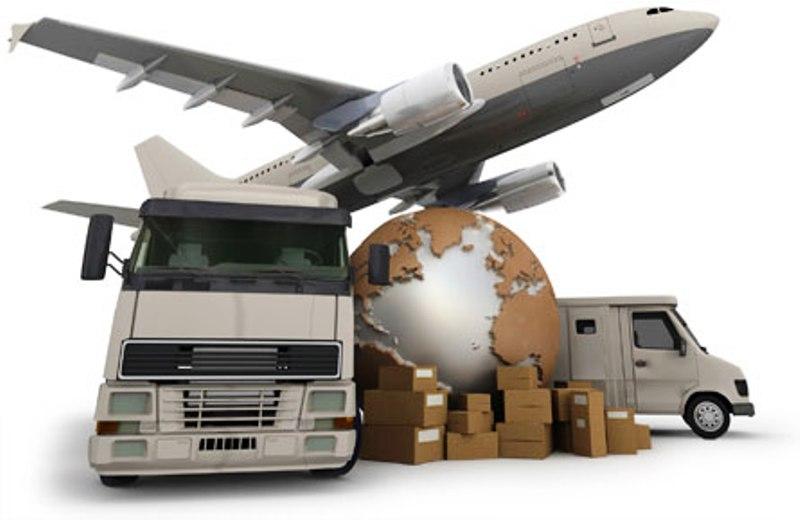Navigating the complex world of installation logistics, transport, and shipping is crucial for businesses looking to successfully deliver their products to customers. From managing the transportation of goods to coordinating delivery schedules, there are numerous moving parts to consider. In this article, we will dive into the intricacies of installation logistics and explore nine key factors to keep in mind when shipping your products. Get ready to embark on a journey that will help streamline your shipping process and ensure customer satisfaction.
Key Considerations for Installation Logistics
When it comes to installation logistics, there are several key considerations that need to be taken into account to ensure a smooth and successful process. One important factor to consider is the size and weight of the items being transported. It is crucial to have the right equipment and resources available to safely handle and transport large or heavy objects.
Another important consideration is the timing of the installation. It is essential to coordinate the delivery of materials and equipment with the installation schedule to avoid any delays or disruptions. Additionally, communication between all parties involved in the installation process is key to ensuring that everyone is on the same page and that any potential issues are addressed promptly. By addressing these key considerations, you can help ensure that your installation logistics process runs smoothly and efficiently.

Choosing the Right Transport Method for Your Shipping Needs
When it comes to getting your goods from point A to point B, choosing the right transport method is crucial. There are several factors to consider, such as the size and weight of your shipment, the distance it needs to travel, and your budget. Here are some tips to help you select the best transport method for your shipping needs:
- Consider the size and weight: If you are shipping large or heavy items, you may need to use a freight shipping service.
- Think about the distance: For shorter distances, parcel delivery services may be sufficient, while for longer distances, LTL or FTL shipping may be more cost-effective.
- Factor in your budget: Different transport methods come with different costs, so make sure to consider your budget when making your decision.
| Transport Method | Pros | Cons |
|---|---|---|
| Parcel Delivery | Fast delivery times | Higher costs for larger items |
| Freight Shipping | Cost-effective for large shipments | Slower delivery times |
| LTL Shipping | Flexible pricing options | May involve multiple stops |
| FTL Shipping | Quick and direct delivery | Higher costs for smaller shipments |

Streamlining Shipping Processes for Efficient Installation
Ensuring a smooth and efficient installation process is crucial for any shipping operation. By streamlining shipping processes, businesses can reduce costs, increase productivity, and improve customer satisfaction. Here are some tips to help optimize installation logistics and shipping procedures:
- Collaborate with logistics partners to create a detailed plan for shipping and installation.
- Utilize technology, such as GPS tracking and real-time updates, to monitor shipments and ensure timely delivery.
- Implement a quality control process to inspect products before shipping to avoid delays or errors during installation.
- Train staff on best practices for handling and installing products to minimize damage and improve efficiency.
Efficient shipping processes not only benefit the business but also enhance the overall customer experience. By focusing on improving installation logistics, businesses can streamline operations, reduce costs, and deliver high-quality service to their clients. Implementing these strategies will help ensure a seamless shipping and installation process for all parties involved.
| Tip | Description |
|---|---|
| 1 | Collaborate with logistics partners |
| 2 | Utilize technology for monitoring shipments |
| 3 | Implement quality control process |
| 4 | Train staff on best practices |

Best Practices for Ensuring Smooth Delivery and Installation Operations
Smooth delivery and installation operations are crucial for ensuring customer satisfaction and maintaining a positive reputation for your business. By following these best practices, you can streamline your logistics, transport, and shipping processes to guarantee a successful installation every time:
- Effective Communication: Keep all stakeholders informed and updated throughout the delivery and installation process to avoid any potential delays or misunderstandings.
- Thorough Planning: Create detailed schedules and checklists to ensure all necessary resources, equipment, and personnel are in place for a seamless installation experience.
- Quality Control: Conduct regular inspections and quality checks to identify any potential issues or concerns before they impact the delivery and installation operations.
Concluding Remarks
In conclusion, installation logistics, transport, and shipping play a pivotal role in the successful delivery of goods and services. From coordinating delivery schedules to overcoming unexpected challenges, logistics professionals are the unsung heroes of the supply chain. By understanding the nuances of these processes and implementing efficient strategies, businesses can ensure that their products reach their intended destination in a timely and cost-effective manner. Whether by land, sea, or air, the journey of a product from point A to point B is a complex and intricate dance that requires careful planning and execution. So the next time you receive a package at your doorstep, take a moment to appreciate the intricate web of logistics that made it all possible.
